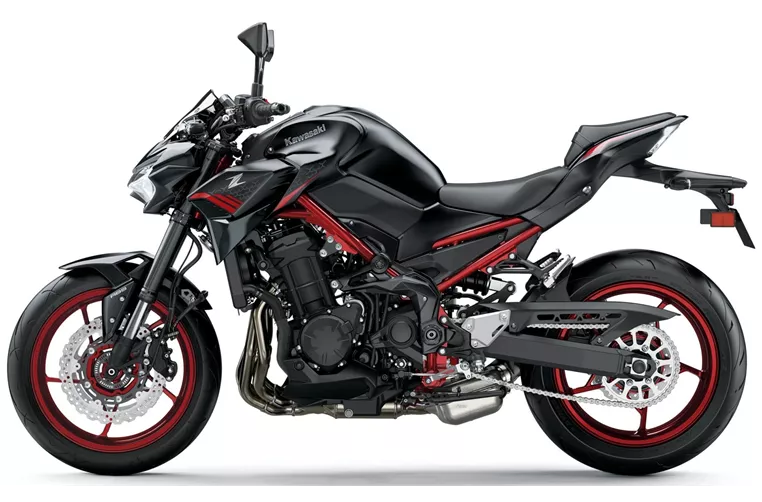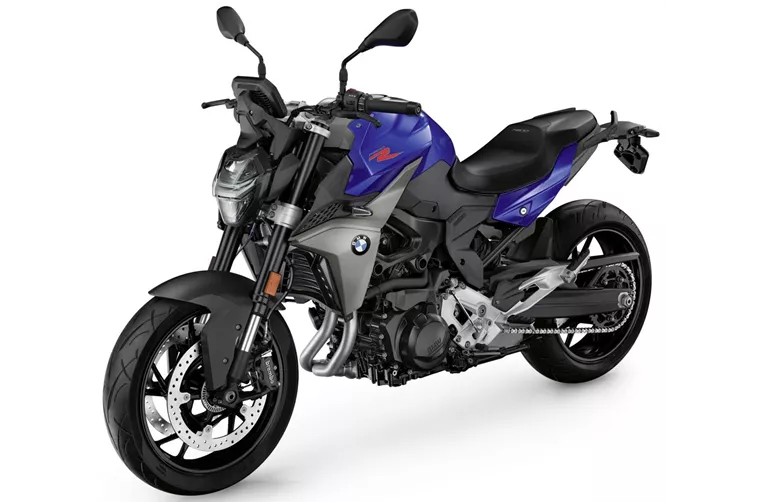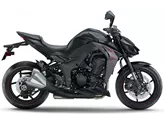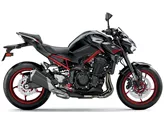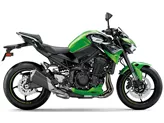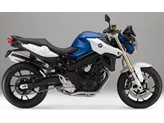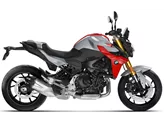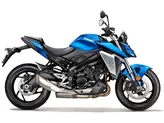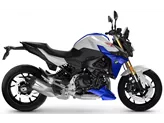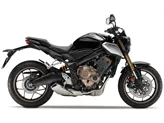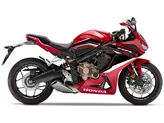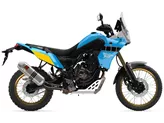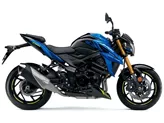Kawasaki Z900 2021 vs. BMW F 900 R 2020
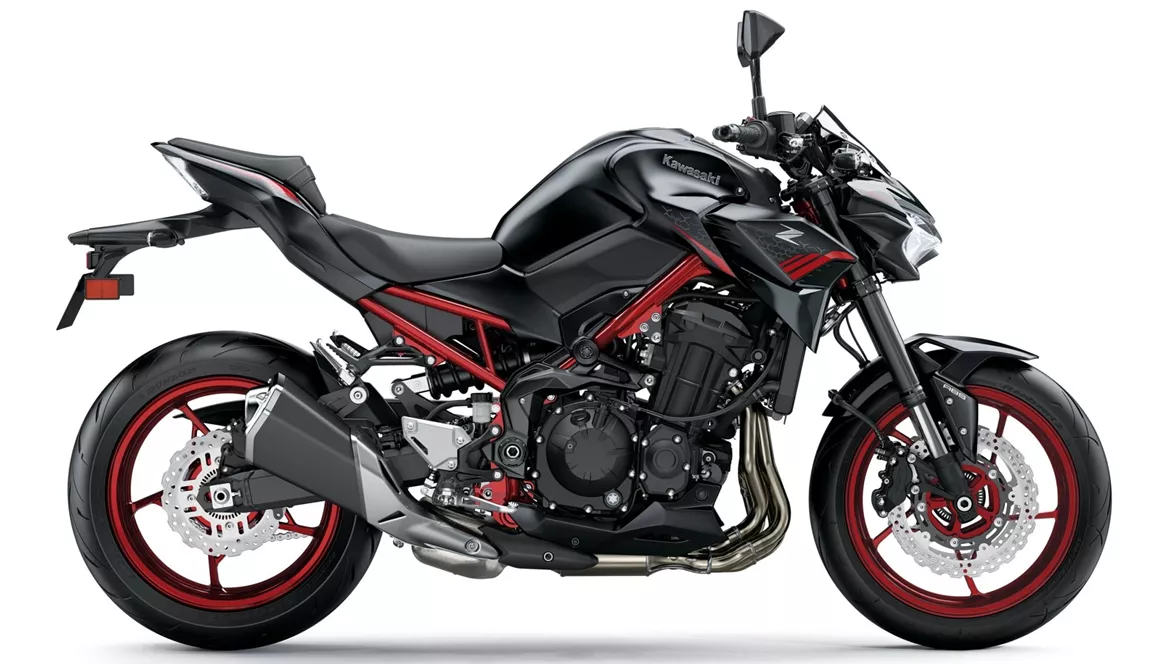
Kawasaki Z900 2021
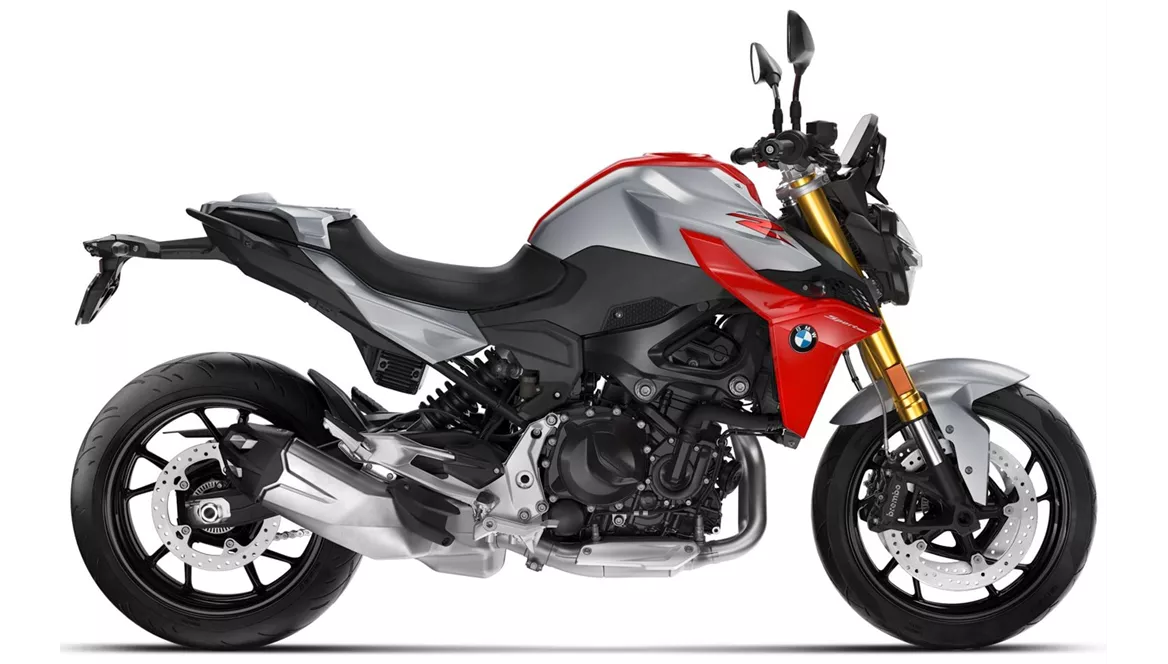
BMW F 900 R 2020
Overview - Kawasaki Z900 2021 vs BMW F 900 R 2020
The Kawasaki Z900 2021 and the BMW F 900 R 2020 are both naked bikes that offer powerful performance and impressive features.
Starting with the Kawasaki Z900 2021, it is equipped with a 125.4 HP inline four-cylinder engine, providing a strong and exhilarating ride. The bike also boasts a torque of 98.6 Nm, ensuring quick acceleration and smooth power delivery. The fuel system is injection-based, optimizing fuel efficiency and performance. With a displacement of 948 ccm, the Z900 offers ample power for any riding situation.
In terms of suspension, the Z900 features an upside-down telescopic fork at the front and a swing arm suspension with a monoshock at the rear. The suspension can be adjusted for preload and rebound, allowing riders to fine-tune their riding experience. The chassis is made of steel and has a double cradle frame, providing stability and durability.
When it comes to braking, the Z900 is equipped with double disk brakes at the front with a diameter of 300 mm and four pistons for enhanced stopping power. The brakes use petal technology, ensuring efficient heat dissipation and improved performance. The bike also comes with advanced rider assistance systems such as ABS, riding modes, ride by wire, and traction control, enhancing safety and control.
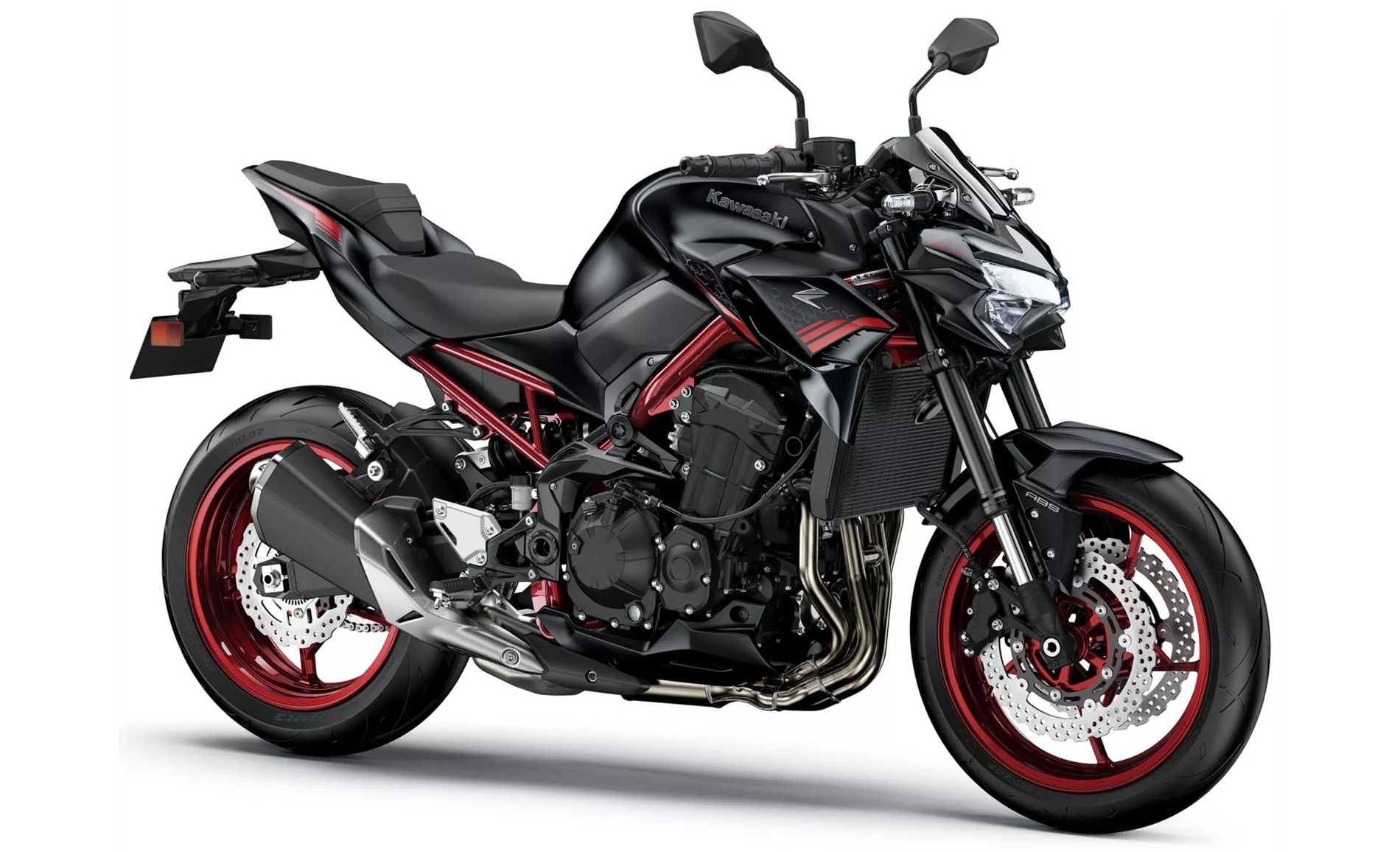
Kawasaki Z900 2021
In terms of dimensions and weights, the Z900 has a front tire width of 120 mm and a diameter of 17 inches, while the rear tire has a width of 180 mm and the same diameter. The wheelbase measures 1450 mm, providing stability and maneuverability. The seat height is 795 mm, offering a comfortable riding position for most riders. The bike has a kerb weight of 210 kg, including ABS.
In terms of equipment, the Z900 is equipped with LED daytime running lights, LED headlights, and a TFT display, providing clear visibility and easy-to-read information for the rider.
Moving on to the BMW F 900 R 2020, it features an inline two-cylinder engine with a power output of 105 HP and a torque of 92 Nm. The fuel system is injection-based, ensuring efficient fuel consumption and performance. With a displacement of 895 ccm, the F 900 R offers a smooth and responsive ride.
The suspension setup of the F 900 R is similar to the Z900, with an upside-down telescopic fork at the front and a swing arm suspension with a monoshock at the rear. The suspension can be adjusted for preload and rebound, allowing riders to customize their riding experience. The chassis is made of steel and has a twin-tube, load-bearing engine frame, providing stability and responsiveness.
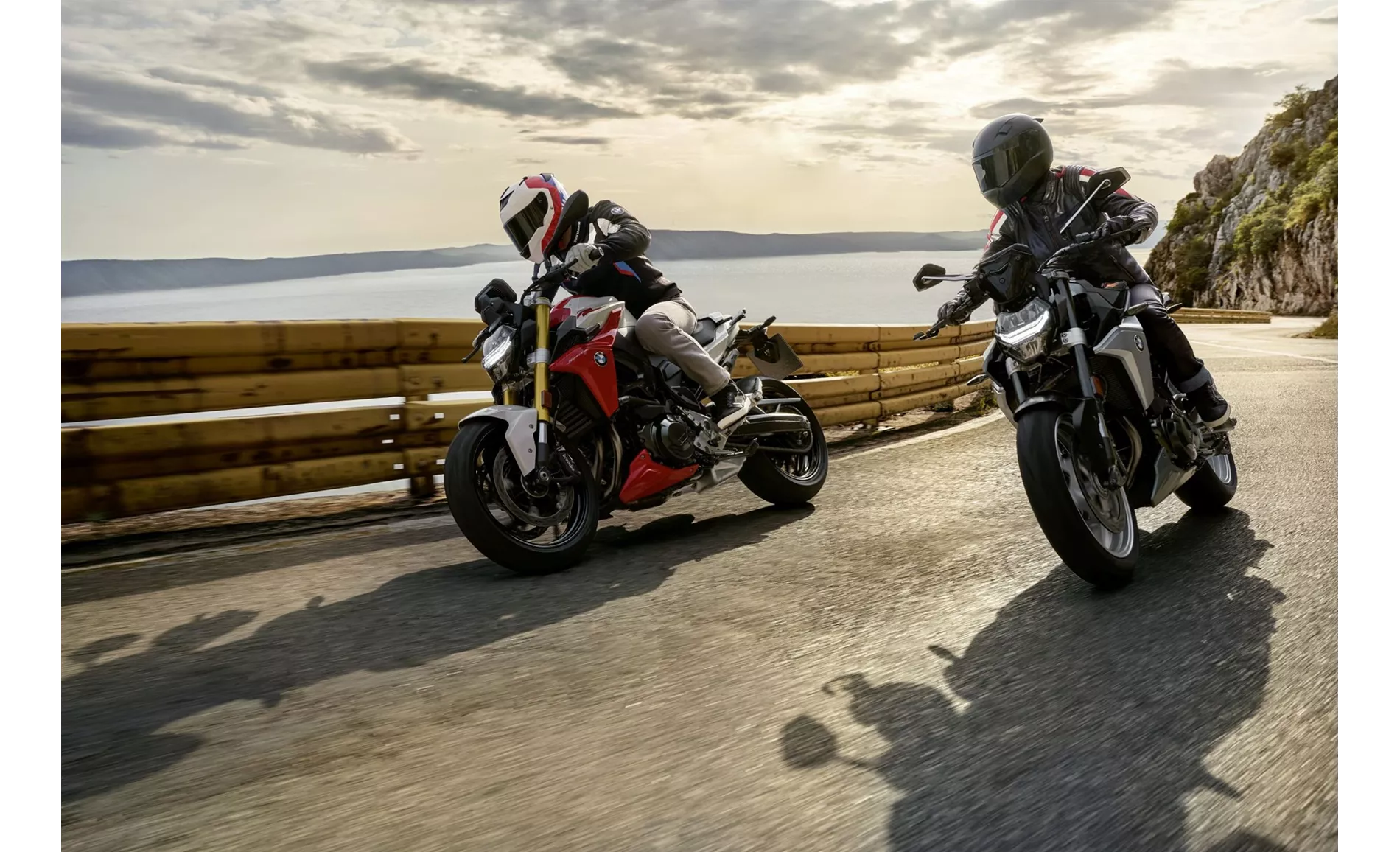
BMW F 900 R 2020
Braking on the F 900 R is handled by double disk brakes at the front with a diameter of 320 mm and four pistons using radial technology. This setup ensures excellent stopping power and precise control. The bike also comes with advanced rider assistance systems such as ABS and anti-slipping control, enhancing safety and stability.
In terms of dimensions and weights, the F 900 R has the same front and rear tire width and diameter as the Z900. However, it has a longer wheelbase of 1518 mm, providing added stability during high-speed riding. The seat height is slightly higher at 815 mm, offering a comfortable riding position for most riders. The bike has a kerb weight of 211 kg, including ABS.
In terms of equipment, the F 900 R is equipped with LED headlights and a TFT display, providing clear visibility and easy access to information for the rider.
In summary, both the Kawasaki Z900 2021 and the BMW F 900 R 2020 offer powerful performance, advanced features, and impressive handling. The Z900 stands out with its four-cylinder engine, intuitive handling, good equipment, and aggressive looks. On the other hand, the F 900 R excels in easy handling, high stability, a well-behaved engine, and a comprehensive list of accessories. However, the Z900 lacks a quickshifter option and falls behind competitors with 6-axis IMU technology, while the F 900 R has a smaller fuel tank and a slightly lower engine power compared to its counterpart. Ultimately, the choice between these two bikes will depend on personal preferences and priorities.
Technical Specifications Kawasaki Z900 2021 compared to BMW F 900 R 2020
Pros and Cons in comparison
Pros and Cons in comparison
Kawasaki Z900 2021
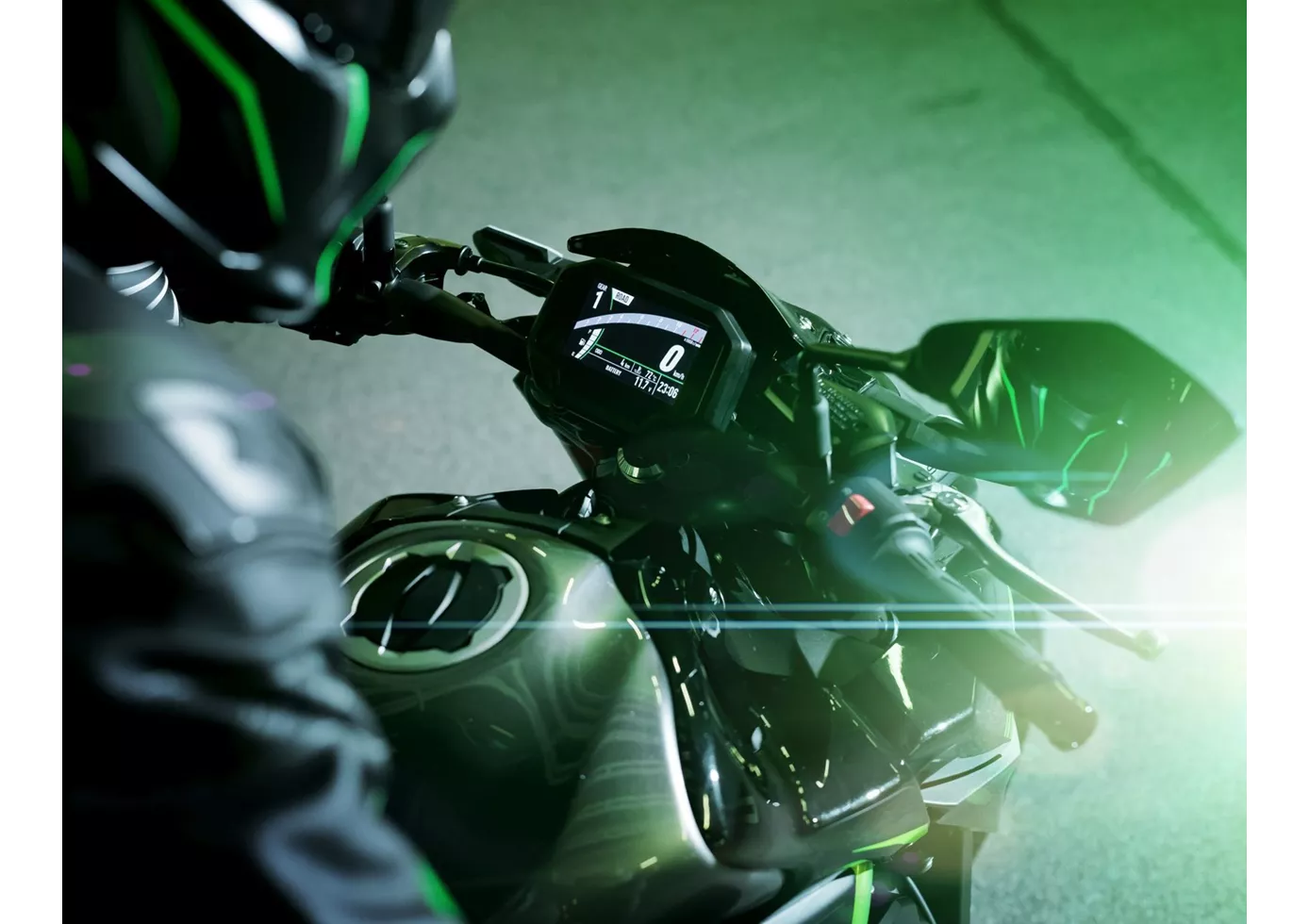
In terms of price-performance, the Kawasaki Z900 is hard to beat at the moment. With the perfectly tuned engine, the high-quality chassis components and the electronics added for 2020, this naked bike offers everything that sporty riders will be looking for. There is really nothing to complain about, except for the lack of a quickshifter option.
BMW F 900 R 2020
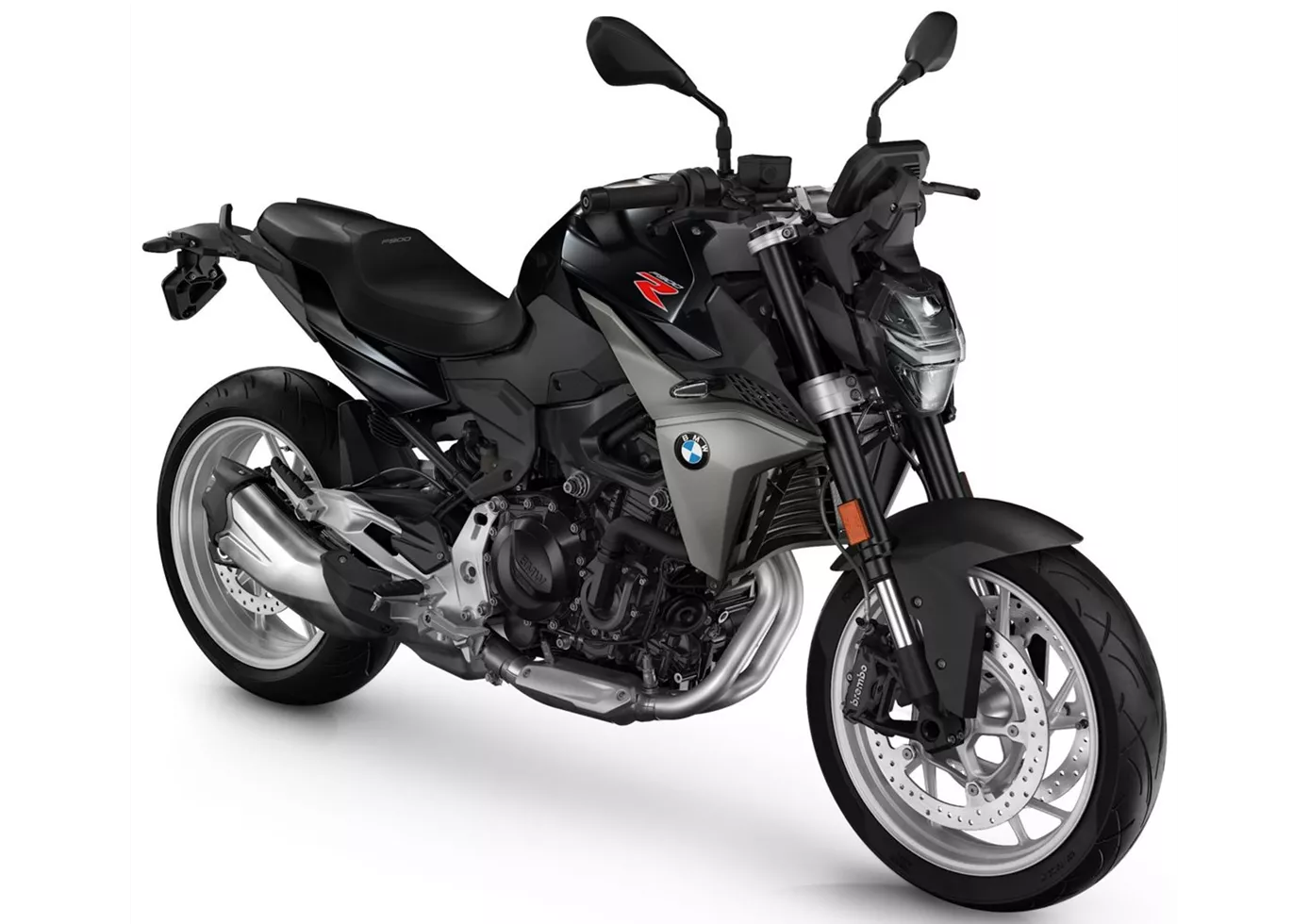
The BMW F 900 R offers easy-to-use cornering fun, enormously high stability, an active yet comfortable riding position and a smooth but also unemotional engine. Those who like it fast and twisty will be happy with it. The possibilities for configuration are almost endless but of course not free of charge.
Price Comparison Avarage Market Price Kawasaki Z900 vs BMW F 900 R
There are a few key differences between a Kawasaki Z900 2021 and a BMW F 900 R 2020. In terms of price, the actual average price of a BMW F 900 R 2020 is about 9% higher. Compared to BMW F 900 R 2020 there are more Kawasaki Z900 2021 bikes available on the 1000PS.de Marketplace, specifically 34 compared to 14. It takes less time to sell a BMW F 900 R with 82 days compared to 107 days for the Kawasaki Z900. Since model year 2017 1000PS.de editors have written 46 reviews for the Kawasaki Z900 and 24 reviews for the BMW F 900 R since model year 2020. The first review for the Kawasaki Z900 was published on 11/11/2016 and now has more than 93,200 views. This compares to more than 154,800 views for the first review on BMW F 900 R published on 05/11/2019.
